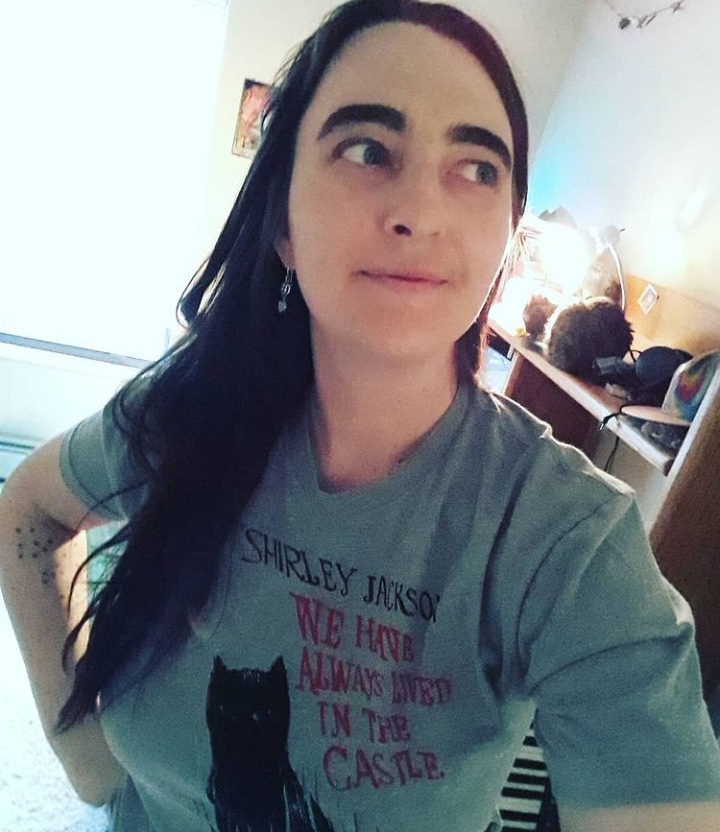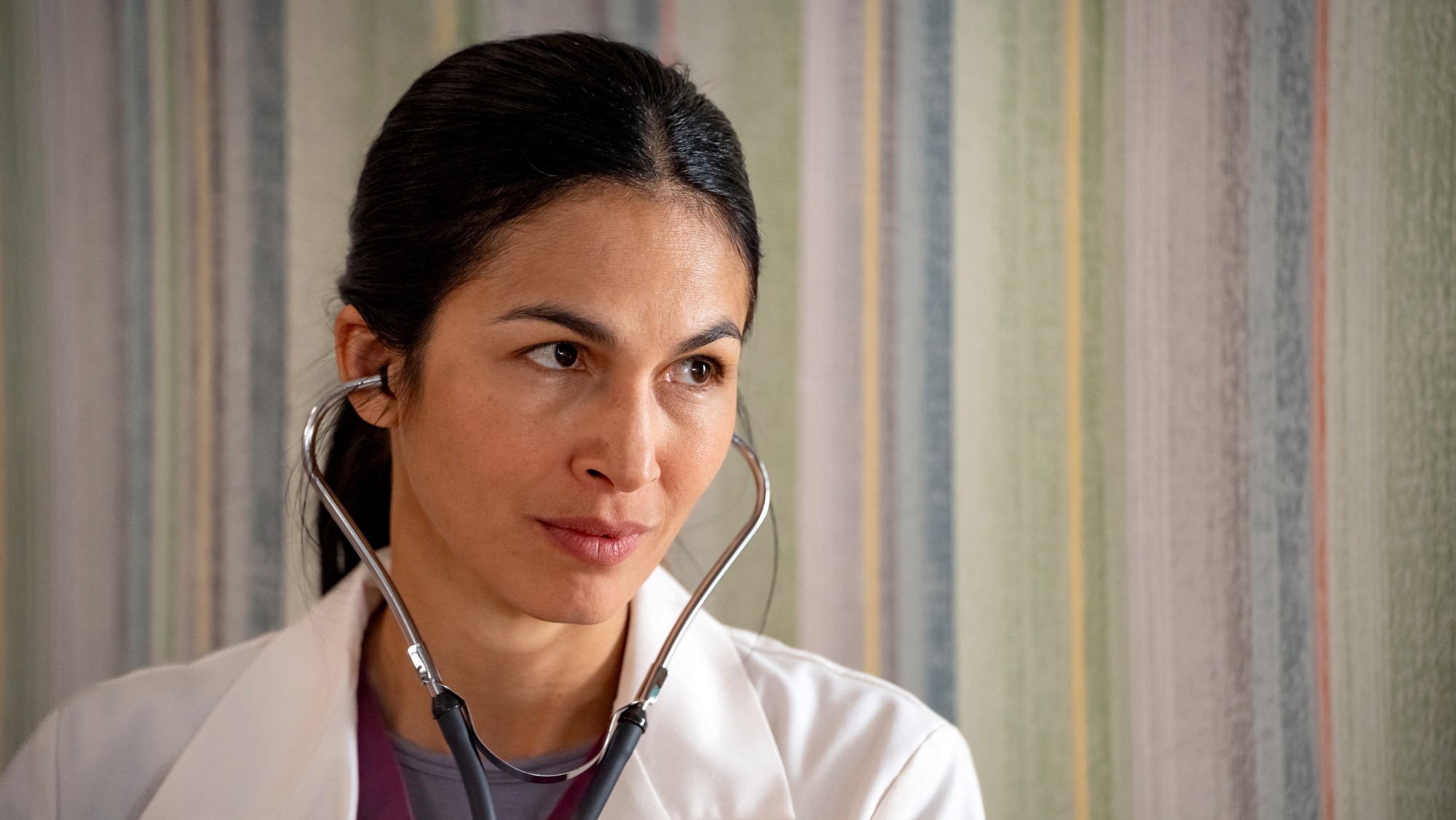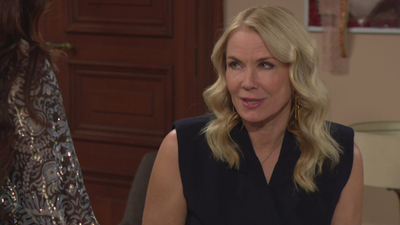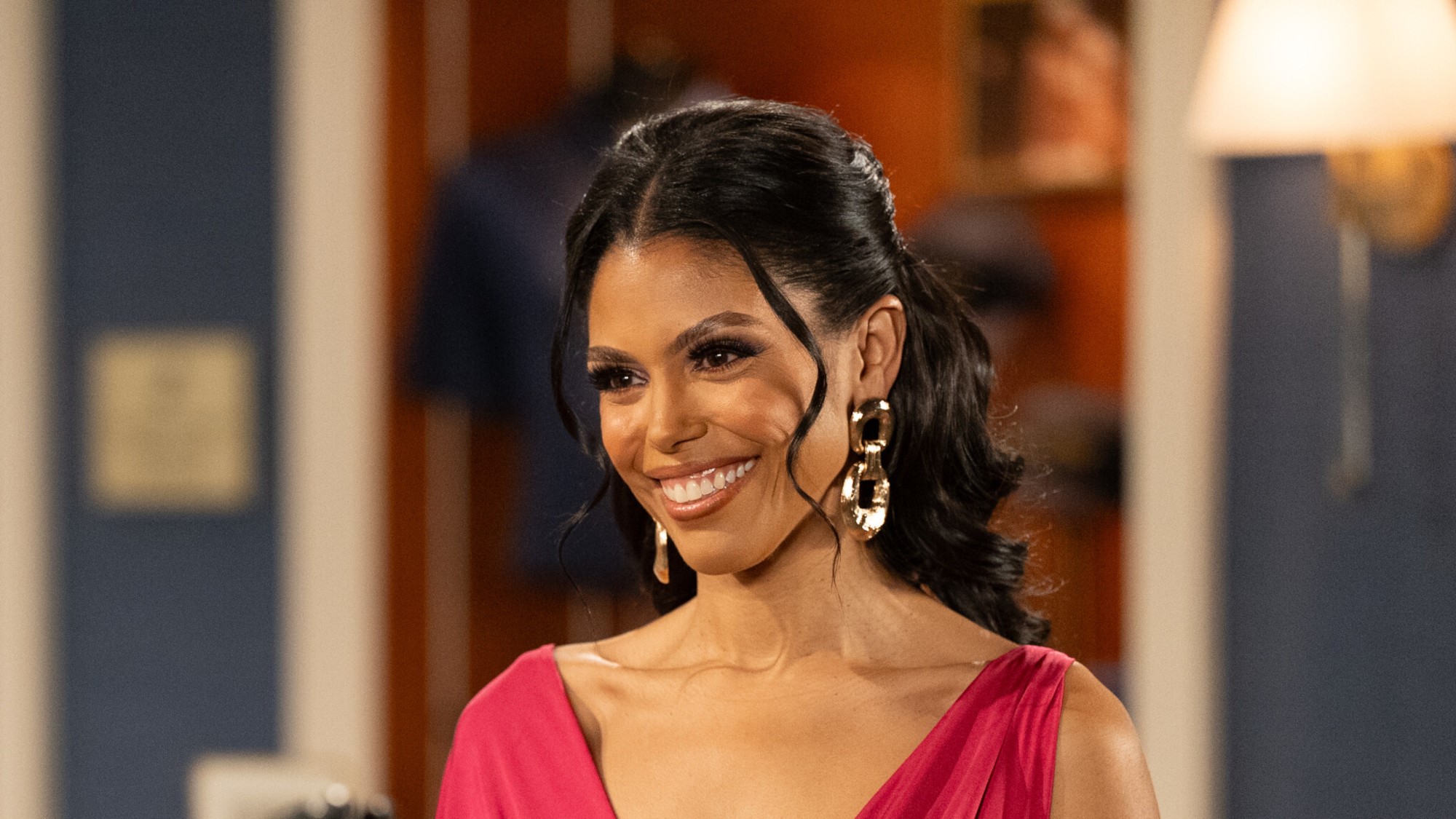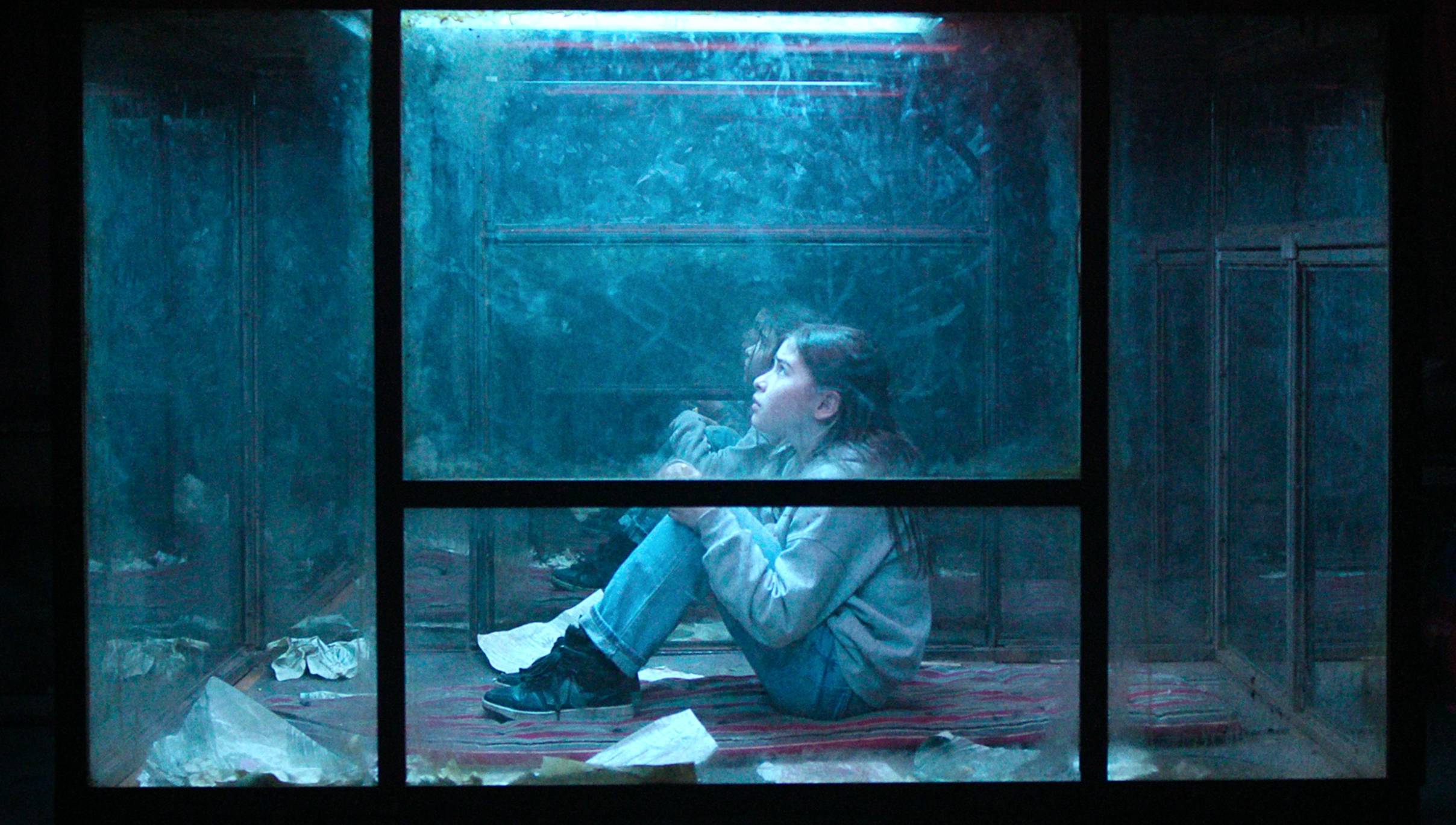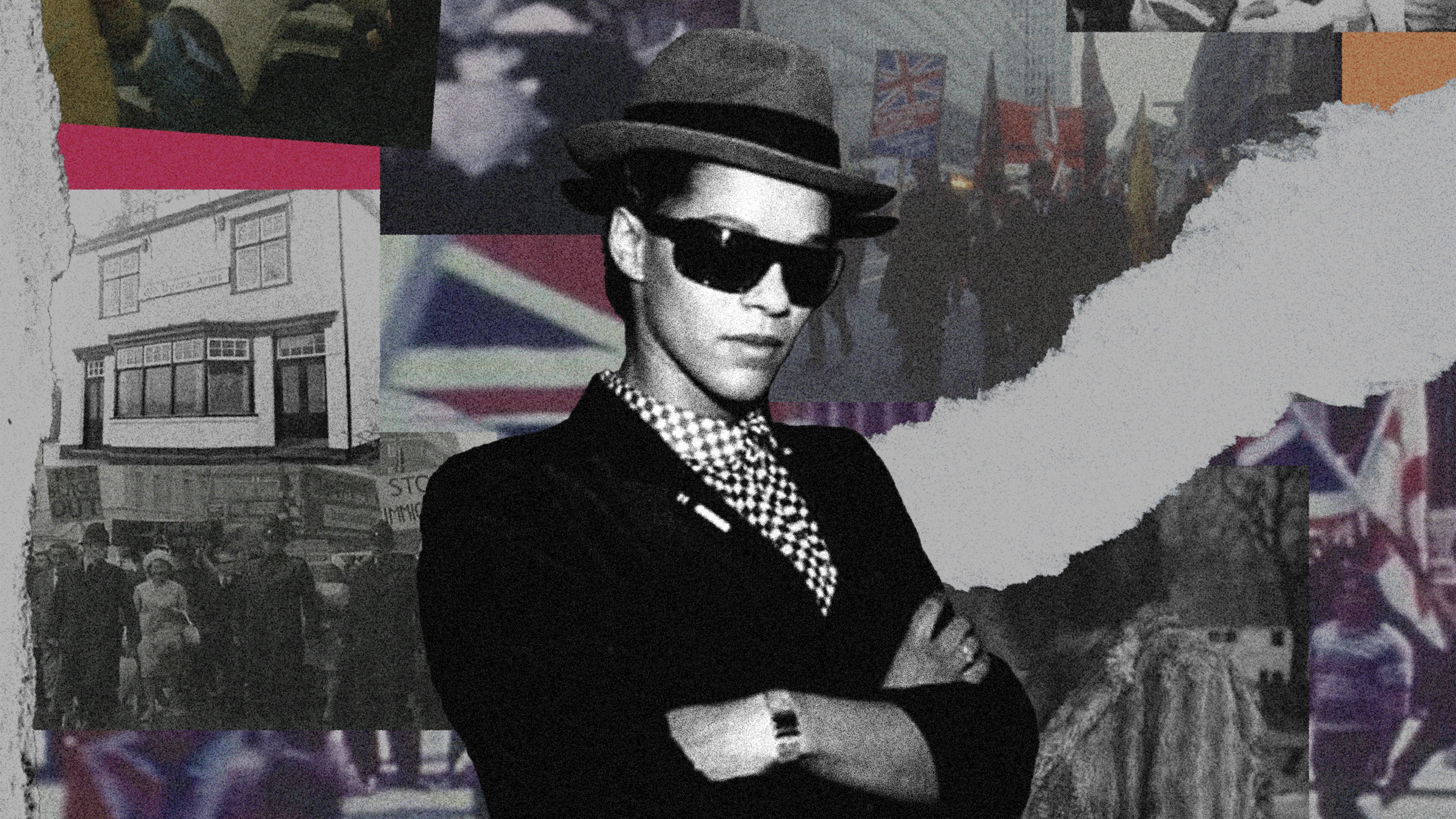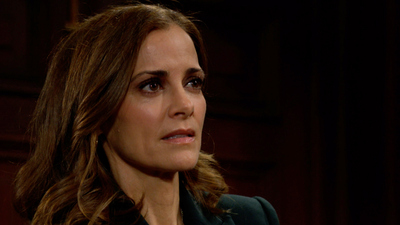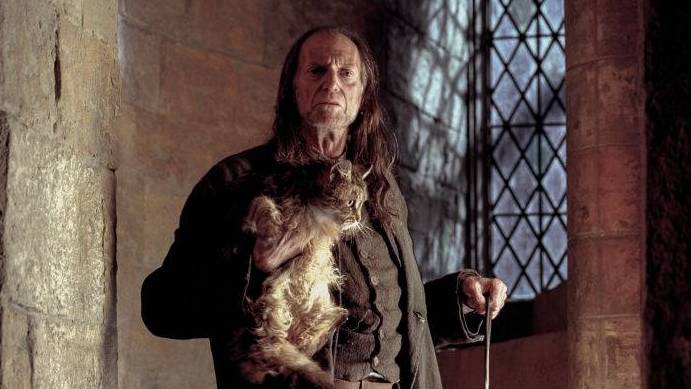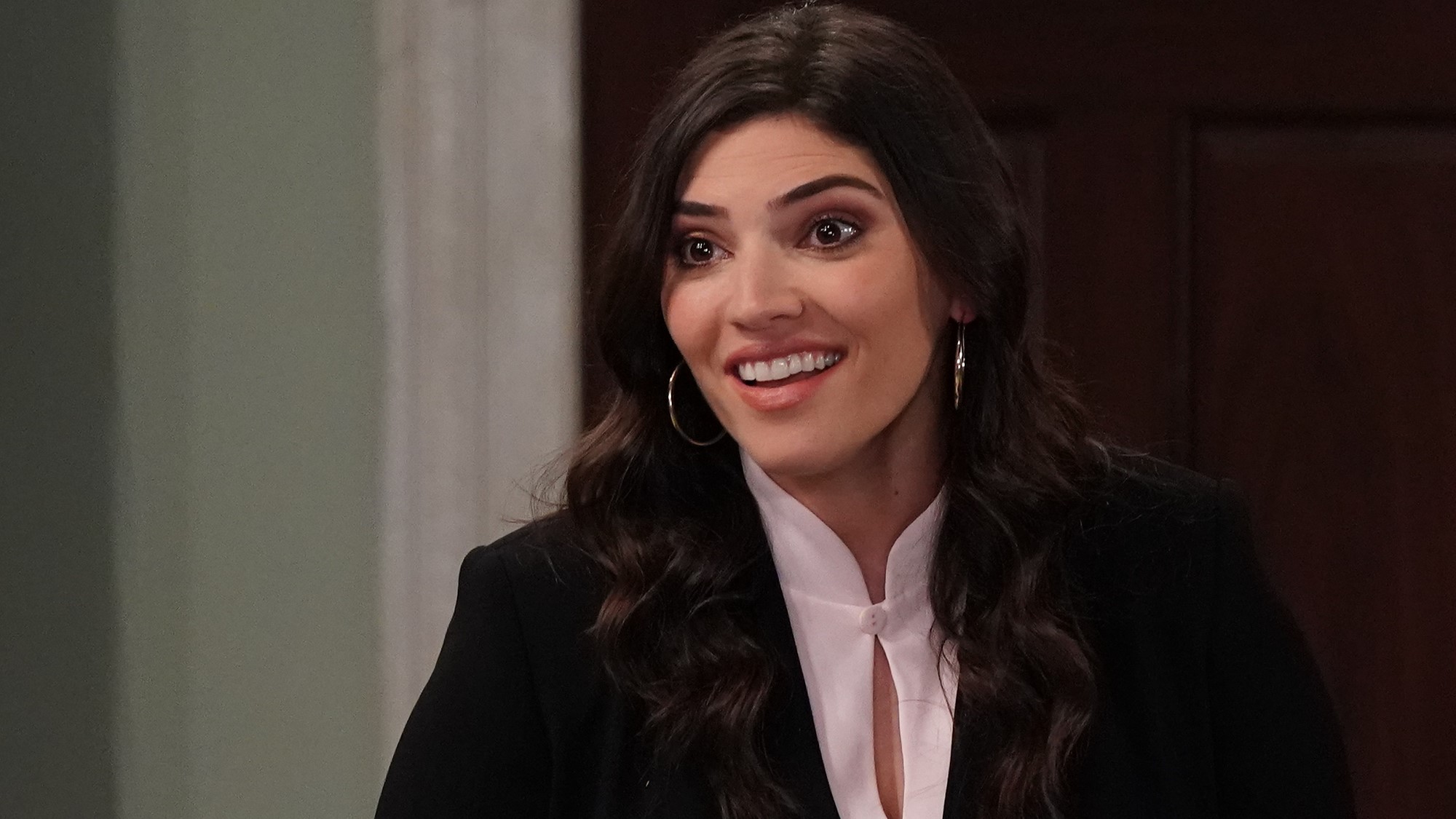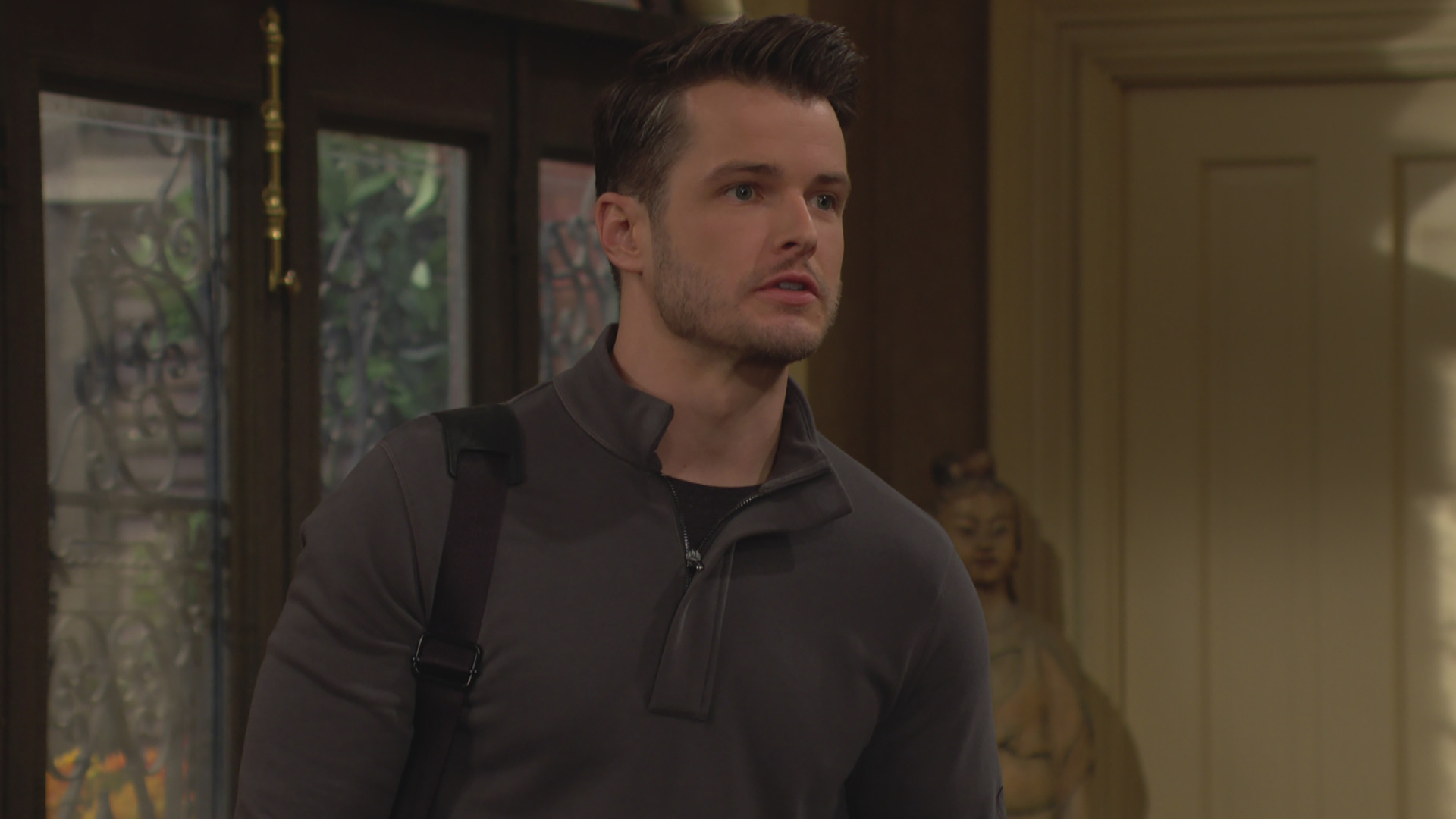'The Walking Dead: World Beyond' remains a heartfelt gem
Teenagers vs. zombies may not have fully taken flight, but it has made for a fun ride.
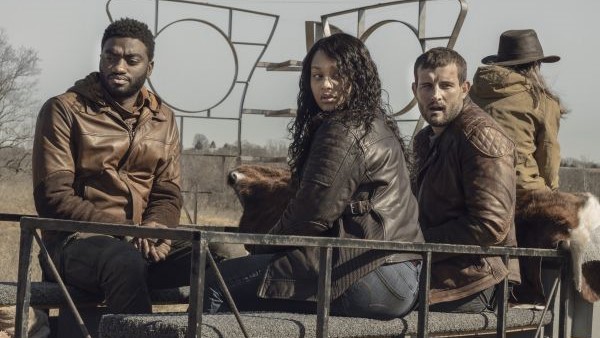
This post contains spoilers for The Walking Dead: World Beyond season 1.
The Walking Dead: World Beyond is entering its second and final season, which was announced alongside its premiere in 2020. The erratic scheduling, pandemic woes and the feeling of being over just as it had begun might leave fans of the franchise feeling like this was a show that never stood much of a chance. Yet, despite mixed critical reception and an apparent lack of overarching vision for the series, the incredible cast, emotional dialogue and sense of adventure managed to make this a hidden gem in the world of The Walking Dead.
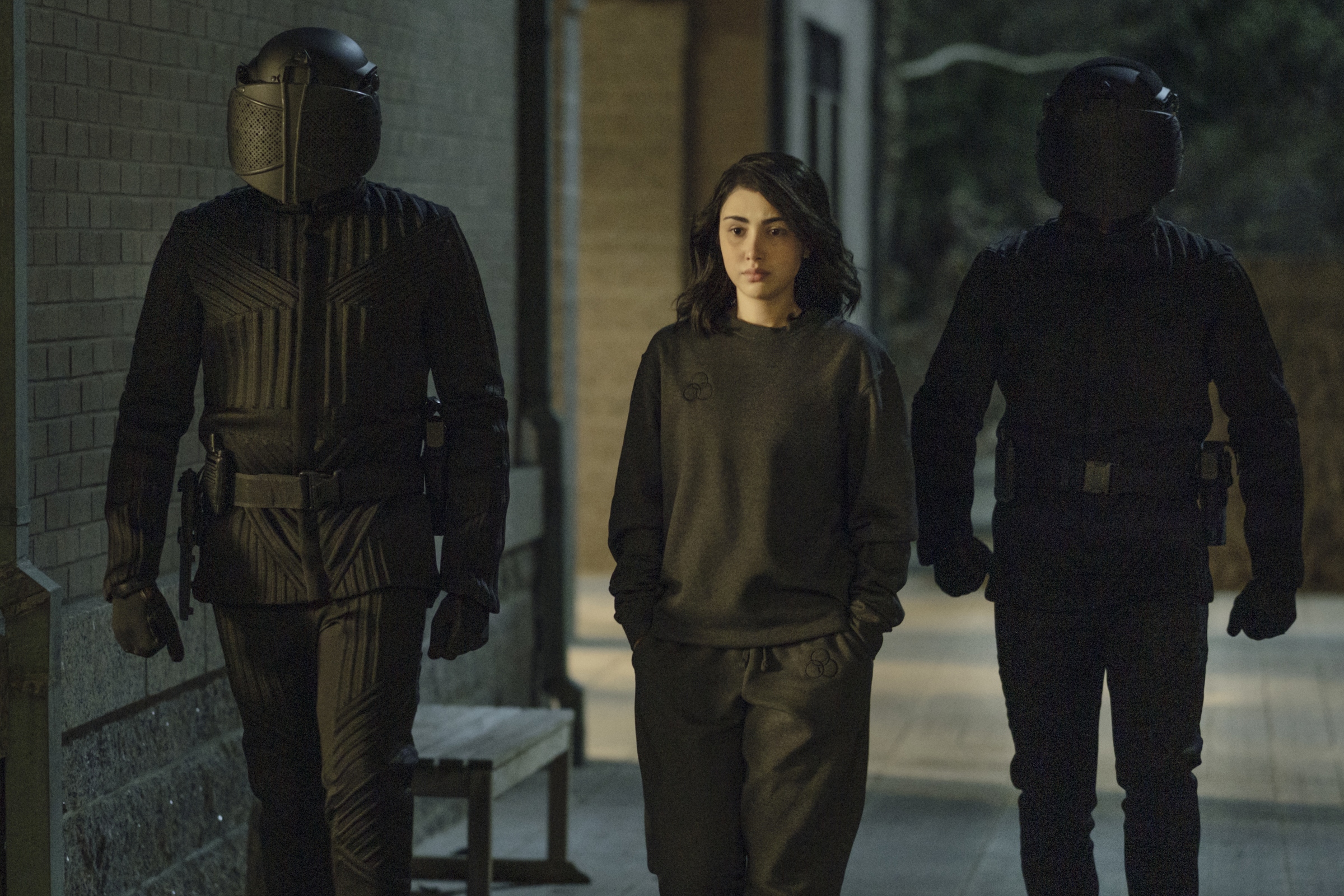
A decade after the zombie apocalypse, the vestiges of humanity have worked to build small civilizations. Yet, many of them seem doomed to repeat old power dynamics and have found themselves clinging to a world that no longer exists. Rather than bringing us together, old systems of dominance have re-established themselves and humanity is estimated to be wiped from the planet soon.
Yet, children continue to be born and humanity continues to fight and build in hopes of a better tomorrow. For some, “the night the sky fell” — so named because zombie attacks quite literally caused planes to fall from the sky — happened when their own lives were just beginning. One encampment in the remains of Omaha, Neb., known as the Campus Colony, has managed to take on the appearance of a functional township, with schools and luxury items like coffee readily available. Yet, there are still zombies right outside the fences and militaristic forces watch over even the minor goings on of the town.
Sisters Iris (Aliyah Royale) and Hope (Alexa Mansour) are left behind when their brilliant father Leo (Joe Holt) must leave the Colony under orders of the Civic Republic Military (CRM). After months of brief, one or two sentence messages via a makeshift system, they become concerned for his welfare and leave in hopes of finding him. Underprepared and barely trained, the sisters brave the wilds along with friends Elton (Nicolas Cantu) and Silas (Hal Cumpston). Hope and Iris’s adopted brother Felix (Nico Tortorella) and his partner on the squad Huck (Annet Mahendru) go after them, though as the series goes on, we discover that Huck isn’t who we think she is.
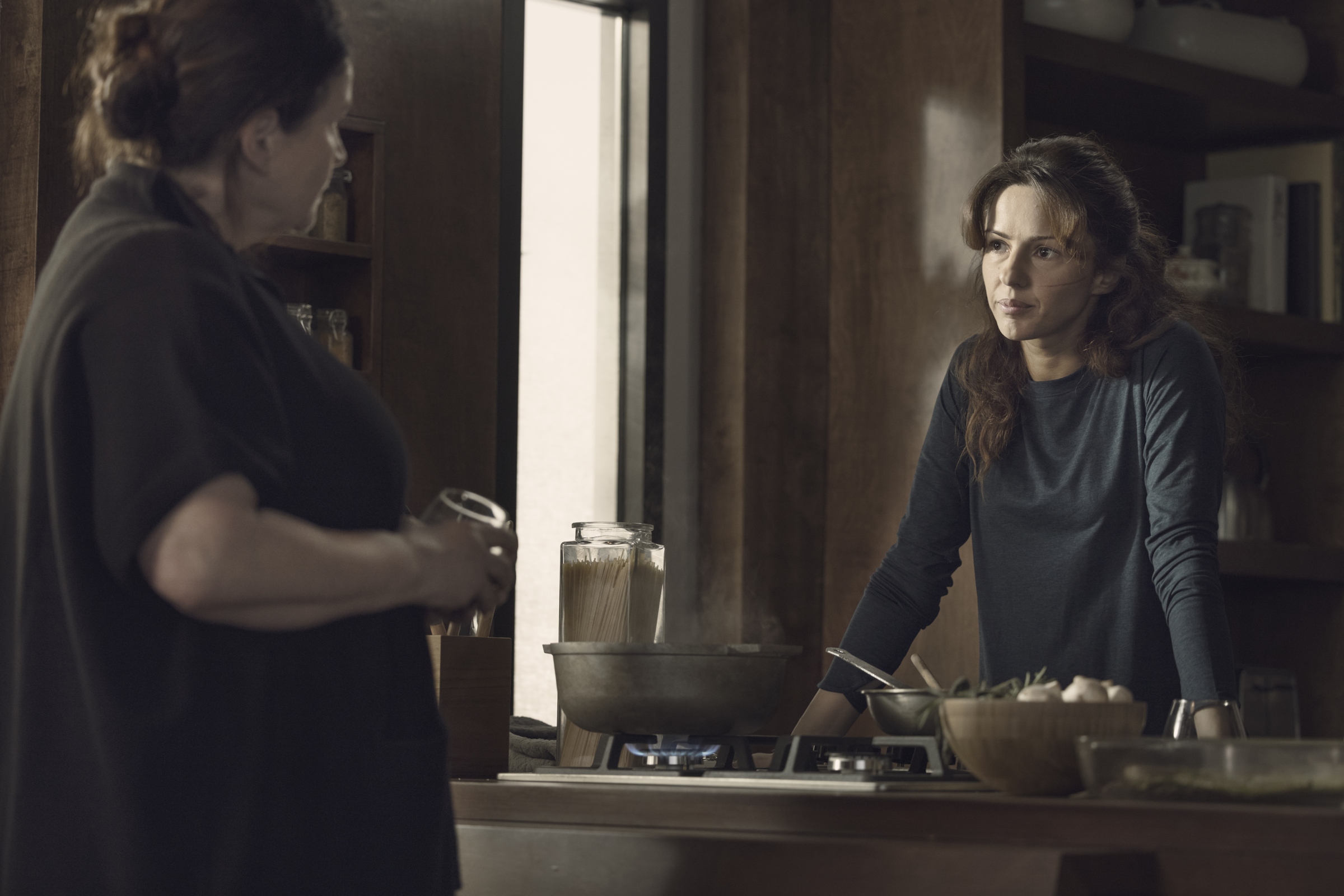
In early episodes, the characters all fit into easy archetypes, which led a lot of critics to dismiss the series as derivative, with some noting that it was a fairly unnecessary addition to the Walking Dead franchise. Yet, while the themes at play are typical of the other series, there are a lot of moments of truth and coming into one’s own power that give the show more of a hopeful vibe than many of the other threads of the TWD universe.
Iris and Hope’s relationship as sisters remains the glue that holds the series together, and though the concept of one straight-laced sister and one rebellious sister clashing but still growing together isn’t unique by any means, it’s still the kind of dynamic that defines a series. Though they don’t always see eye to eye, their dedication to protecting and listening to each other is a heartwarming change of pace for an otherwise grim franchise. While Hope forms a bond with Huck, and goes through the ultimate disillusionment of realizing that Huck is a traitor, Iris remains a champion of the people. Hope is individualistic while Iris focuses on community-building and moving with the group, which makes her a perfect partner for the jaded but hopeful Felix.
Get the What to Watch Newsletter
The latest updates, reviews and unmissable series to watch and more!
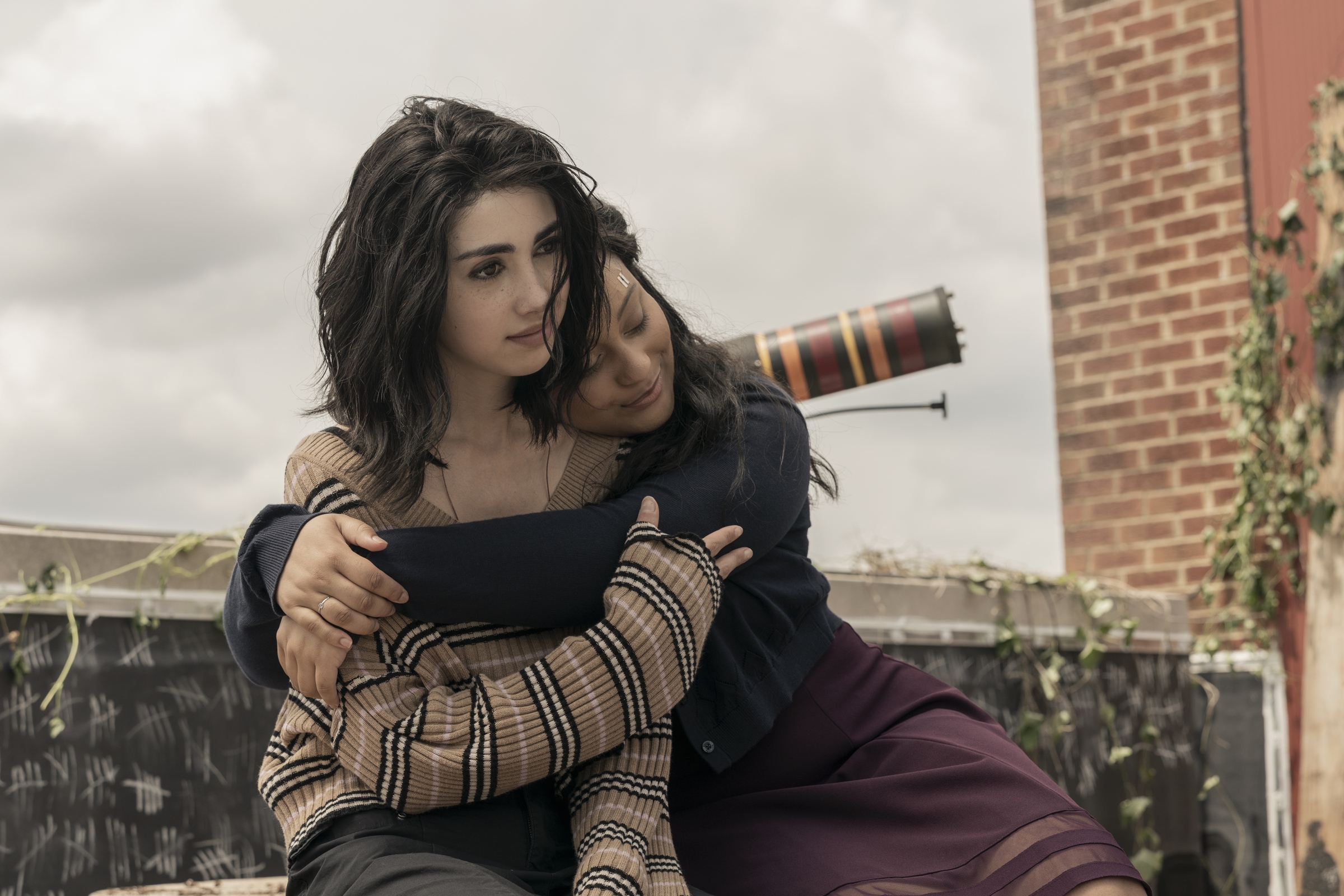
As for Felix, he begins as a typical straight-laced cop, but his sheer resilience is impressive. The pain of losing his family is compounded by the fact that they preferred to be lost after discovering that he is gay. Building a family with Leo and the girls meant so much more to him than he could express, and the short glimpses we see of his relationship with fellow CRM member Will (Jelani Alladin) gives us an idea of how important familial bonds are and how afraid he is of losing them. Will goes out of his way to protect Felix, which forces him to open his heart in ways that are especially difficult for him. It’s not until the season 2 premiere that we see the effects of being apart as they share an emotional moment and Felix breaks down in tears.
Going into season 2, Huck’s “the-ends-justify-the-means” approach to life is rapidly catching up to her as she struggles to regain Hope’s trust while realizing that her efforts to protect Felix and Iris were all for nothing. What direction her story goes in remains to be seen, but her relationship with her mother, a top CRM official named Elizabeth Kublek (Julia Ormond), makes for a fascinating character study. Her actions are unforgivable, but she has a way of justifying them that makes her more complicated than a mustache-twirling villain. Her charisma and her bravery are matched with a wildly uncomfortable sense of ruthlessness, and it makes for one of TWD’s most compelling antagonists.
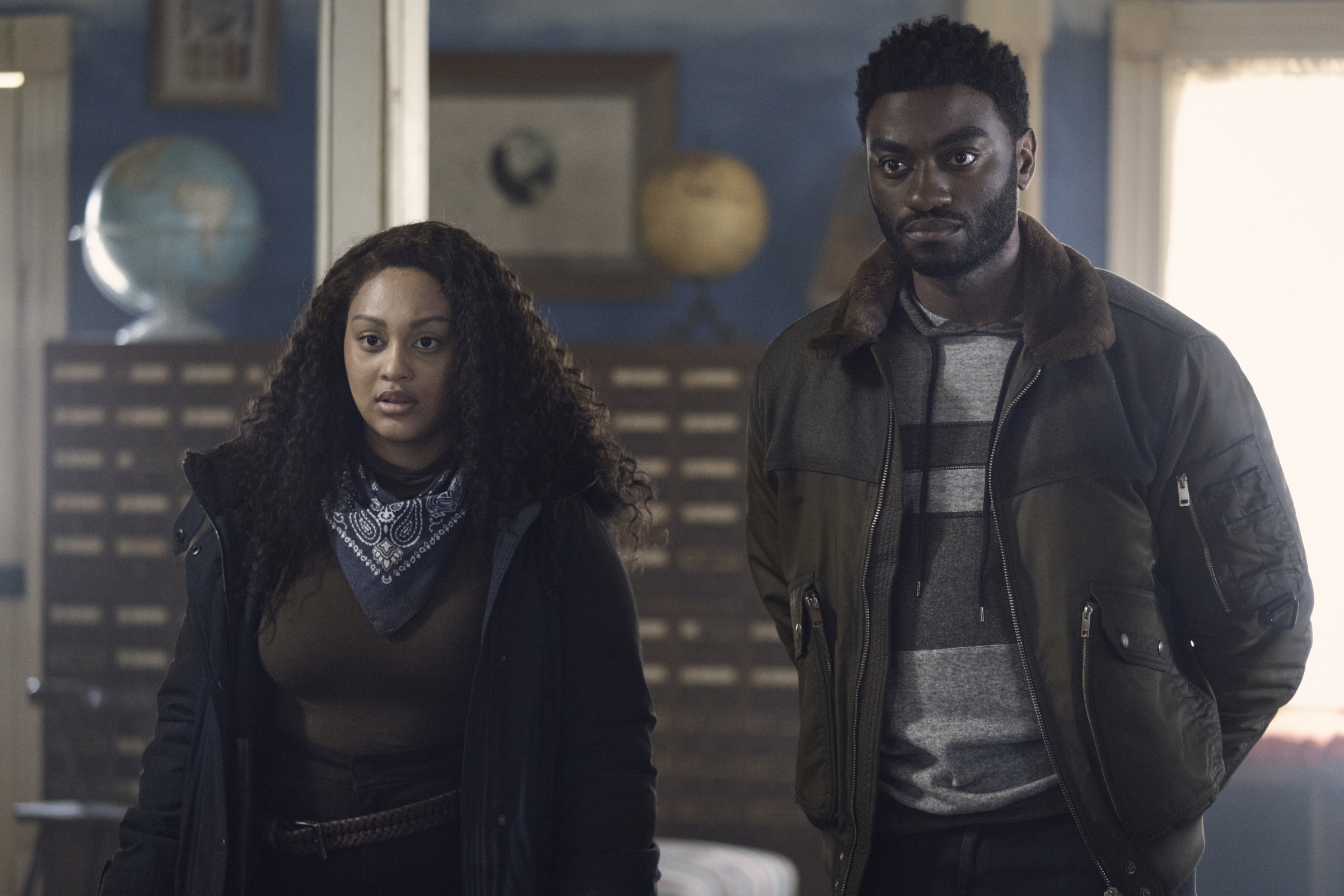
The other characters add some much needed heart to an otherwise emotionally rocky adventure in ethics. Elton’s surprisingly mature choice to stand with his friends come-what-may provides a perfect counterbalance to Silas’s sense of acceptance over the tragic circumstances of his life. Percy and his uncle made for a fun distraction before their story took a dark turn in season 1, with Huck murdering one and shooting the other. The CRM is overall a stereotypical shadowy government agency, but its leader and Huck’s mother, Elizabeth, displays a level of coldness that manages to offset a lot of the optimism of the series in classic villain fashion.
It’s true that the zombies are little more than a backdrop for much of this series, which leaves it comparatively low on action, and the cyclical nature of some of the conversations can grate. The plots don’t always hold up, and even when they do, they leave a lot of unanswered questions that are unlikely to be answered by the end of the series. Yet, in its best moments, World Beyond is about how it must feel to be starting life when so many things are ending, which makes it especially profound. The conclusions of hopefulness that many of these characters ultimately come to are a big part of what makes this series as poignant as it is. Though their story is relatively brief, we’ll miss this crew when they’re gone.
Sara Century started writing through personal and music zines and pretty much just ran with it. She loves a lot of things, including but not limited to pets, comics, museums, libraries, and horror novels. She's the co-host of the podcast Bitches On Comics and the co-founder of the Decoded Pride queer speculative fiction anthology.
Find her on queerspec.com, bitchesoncomics.com, and decodedpride.com.
